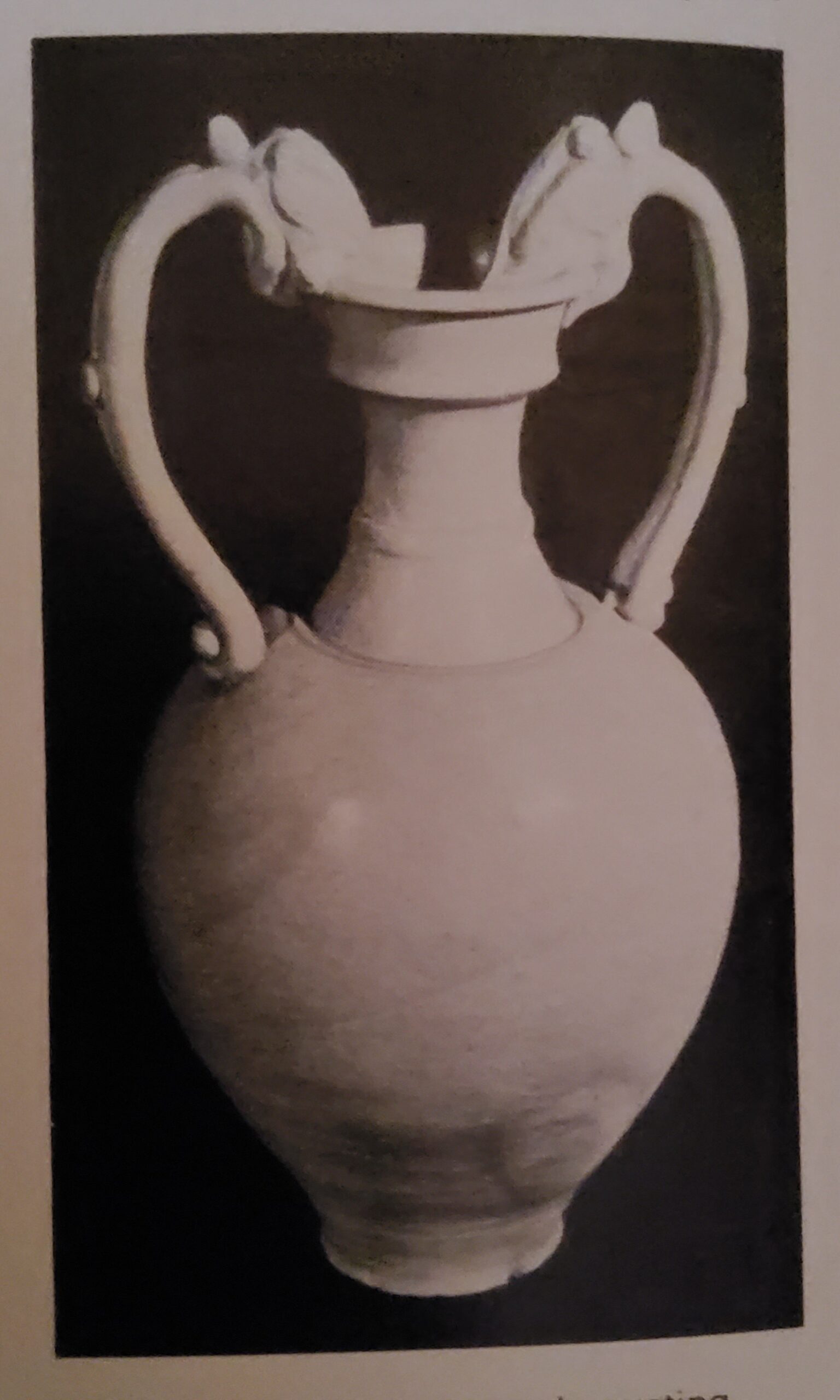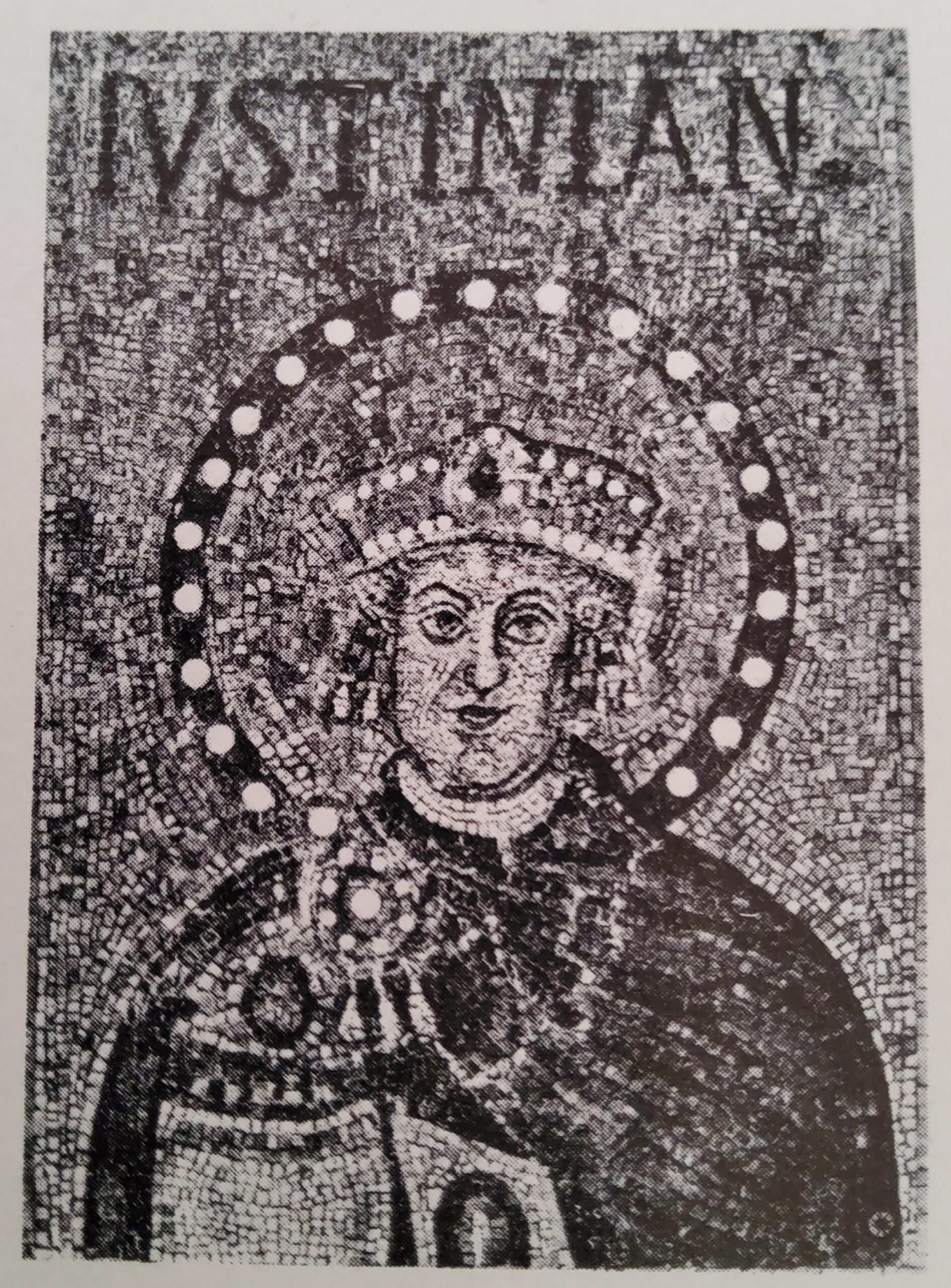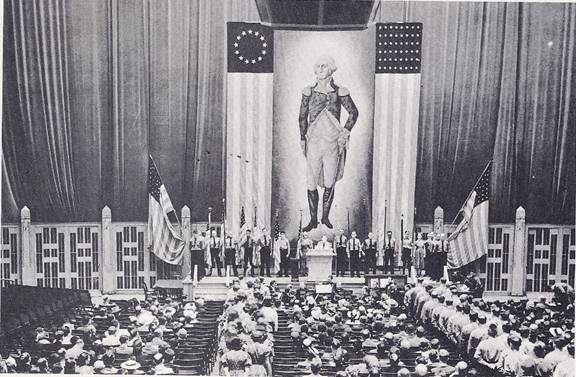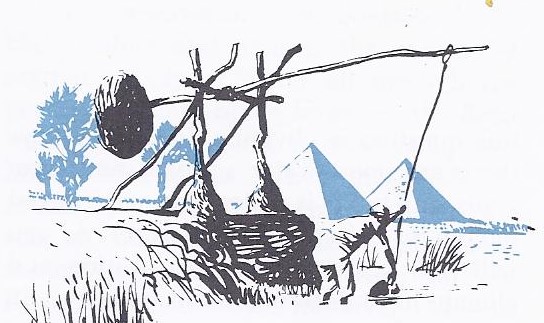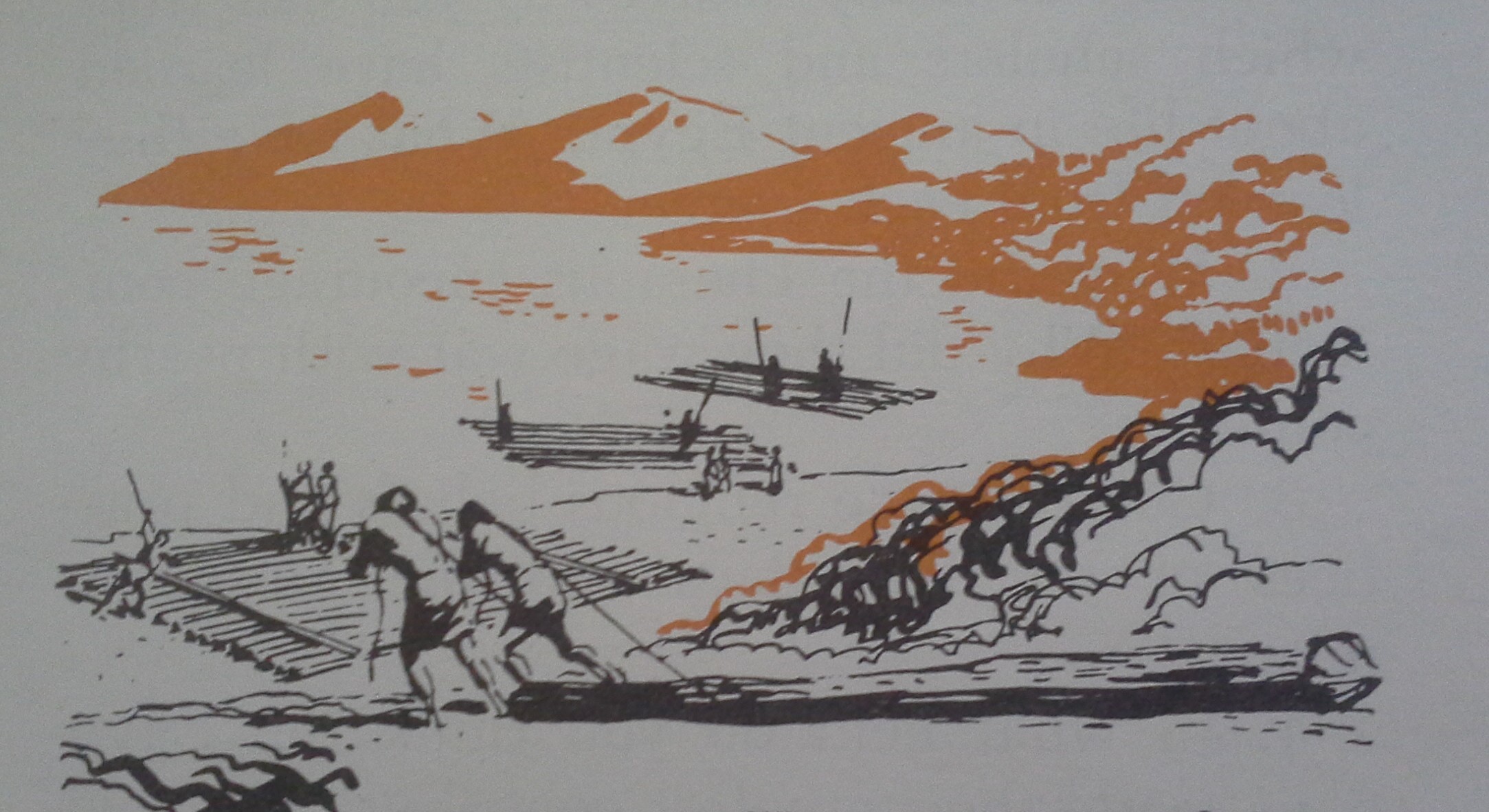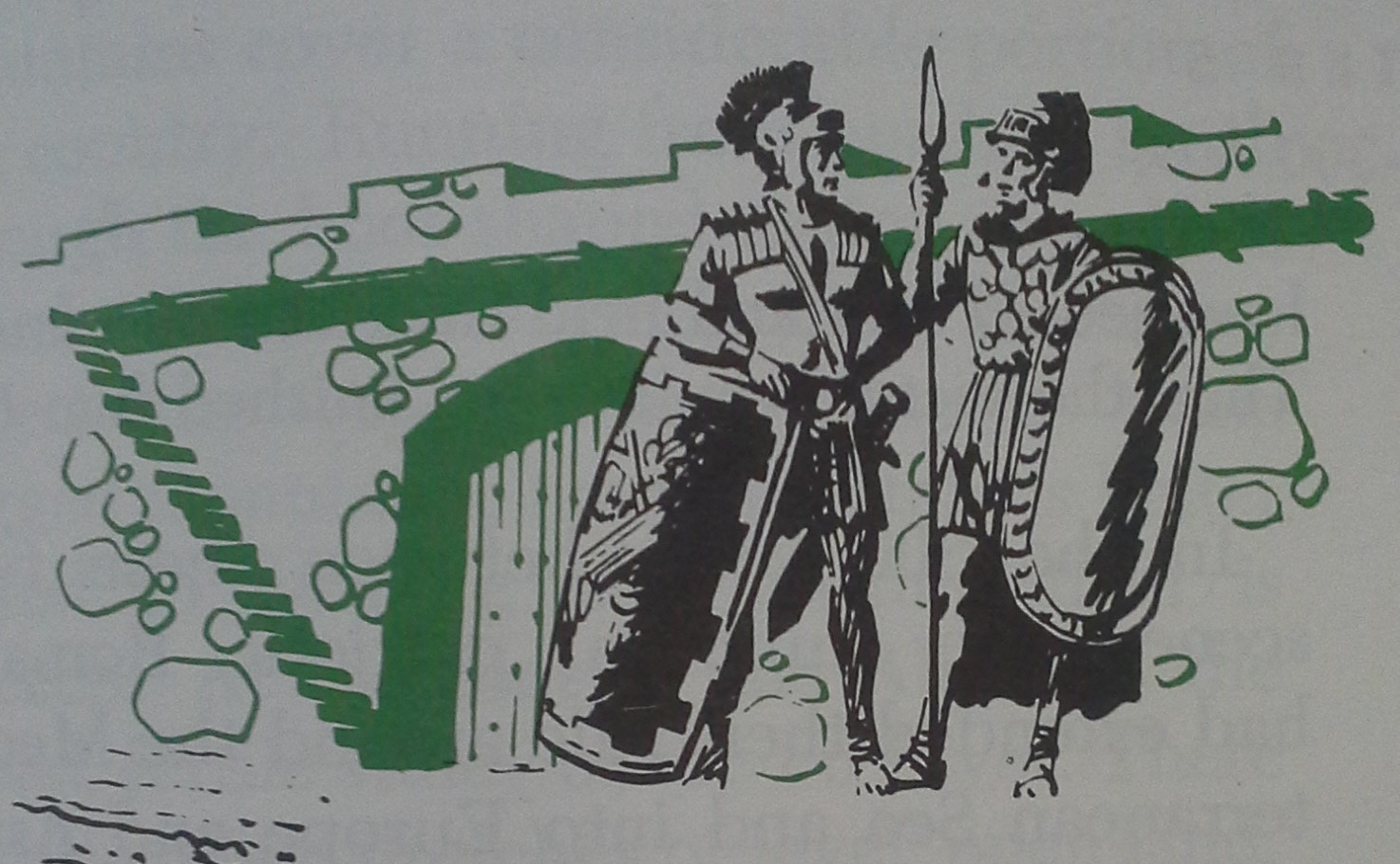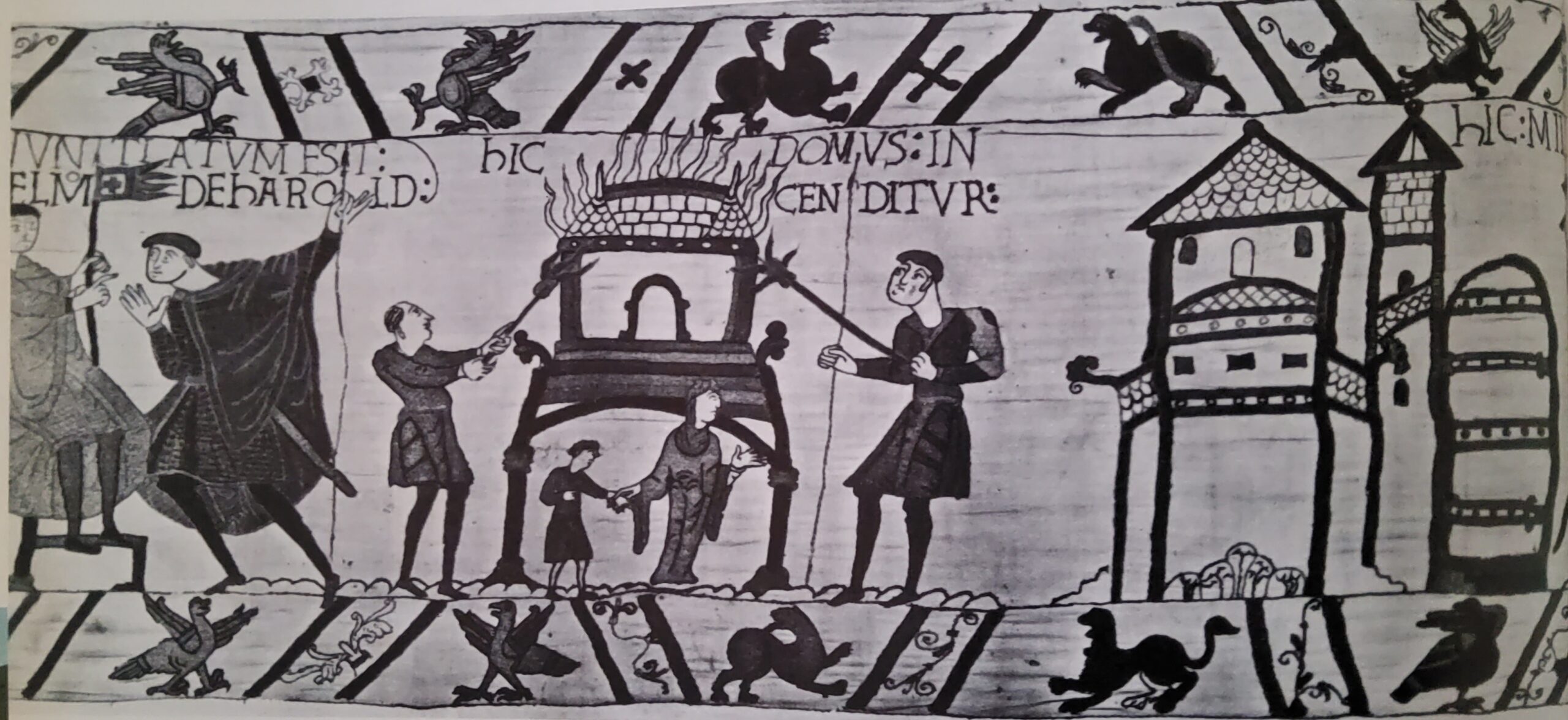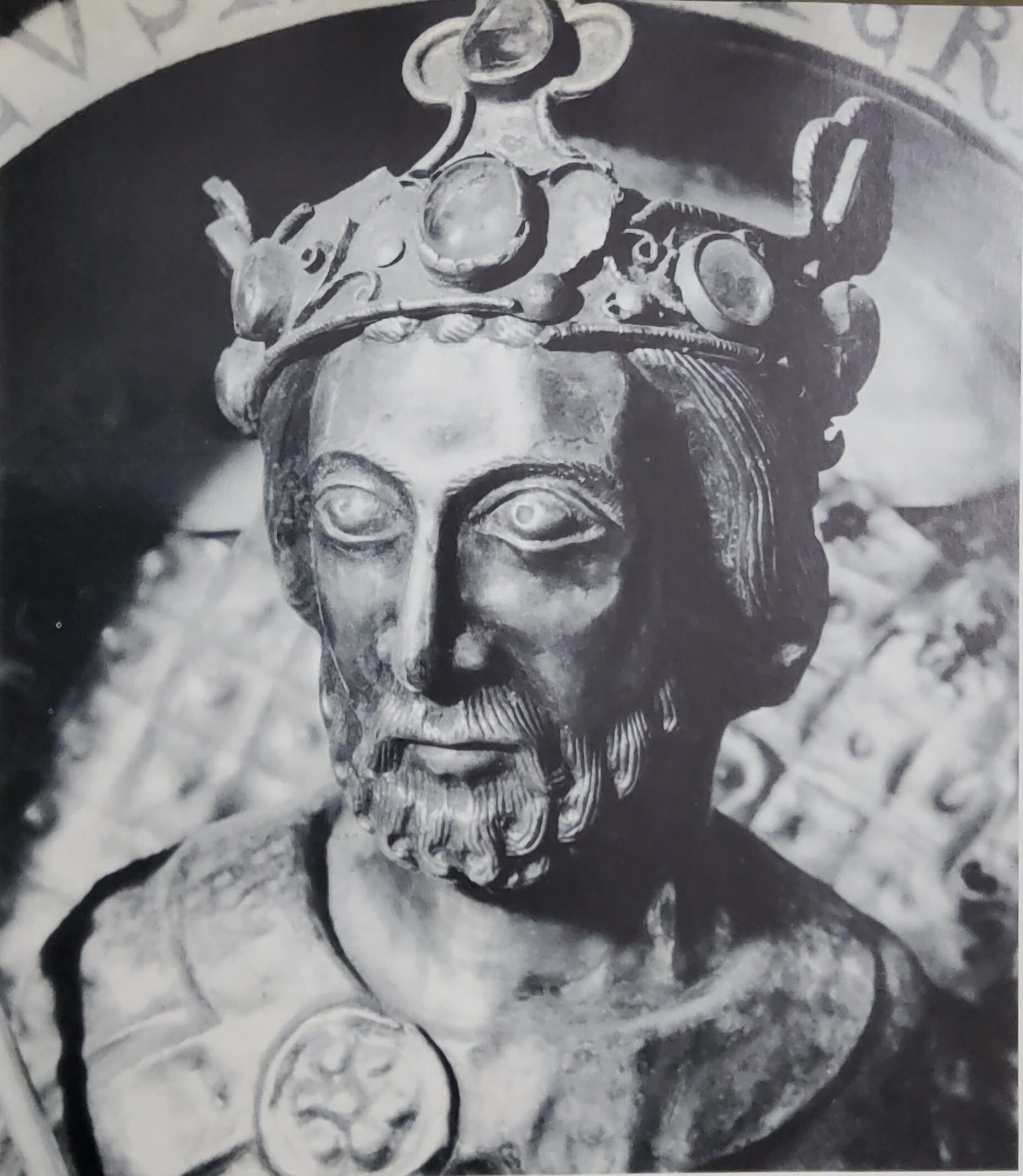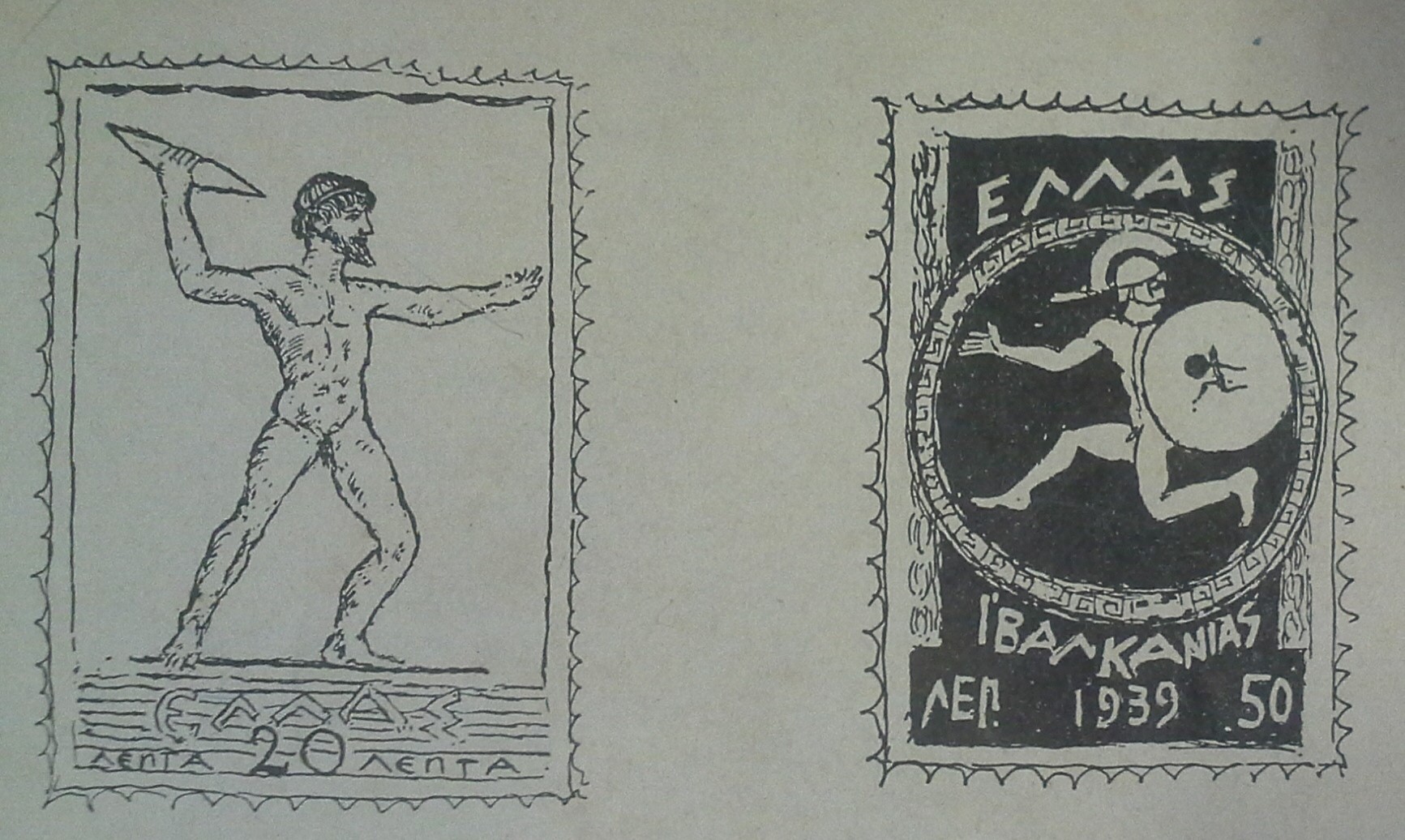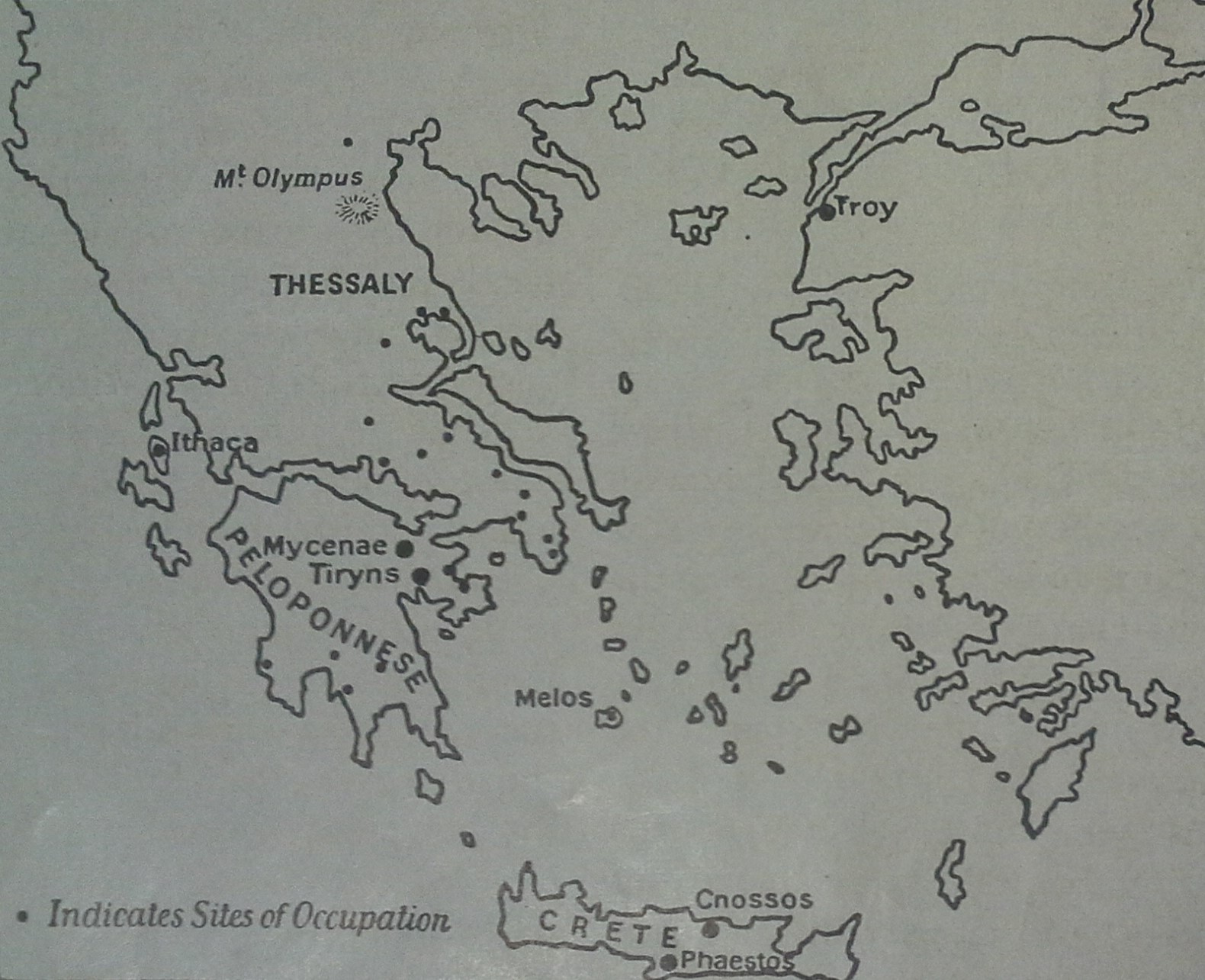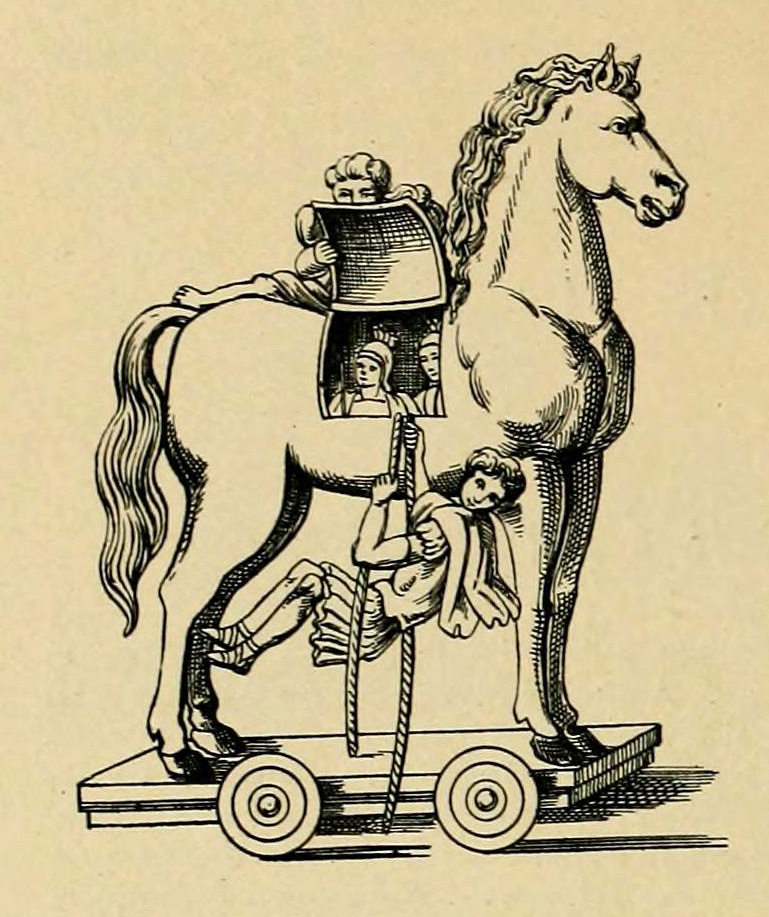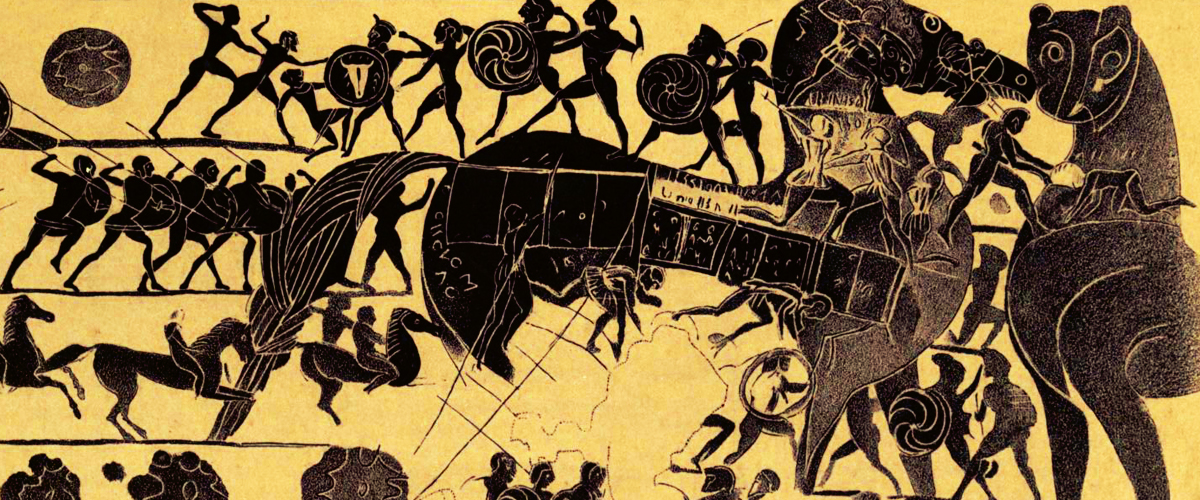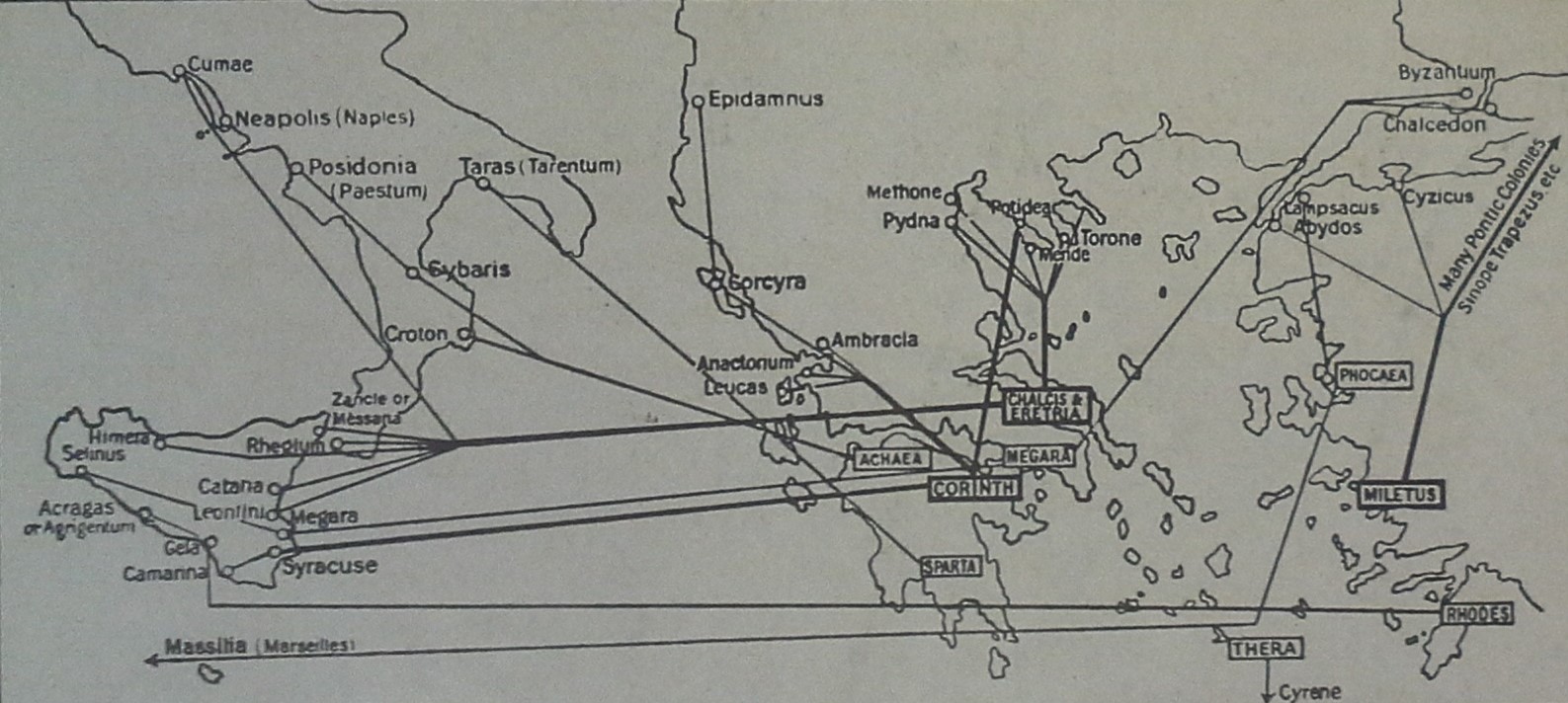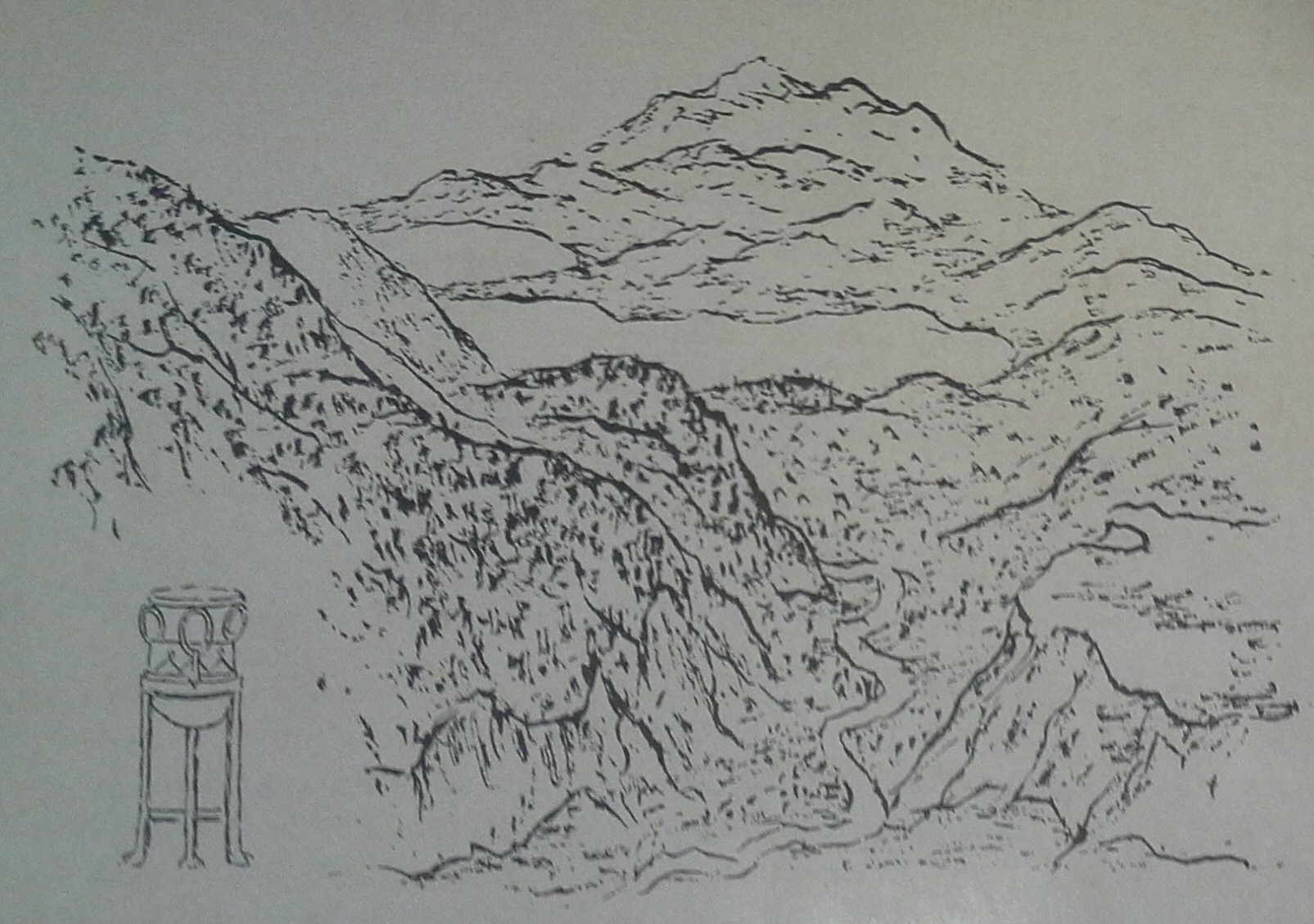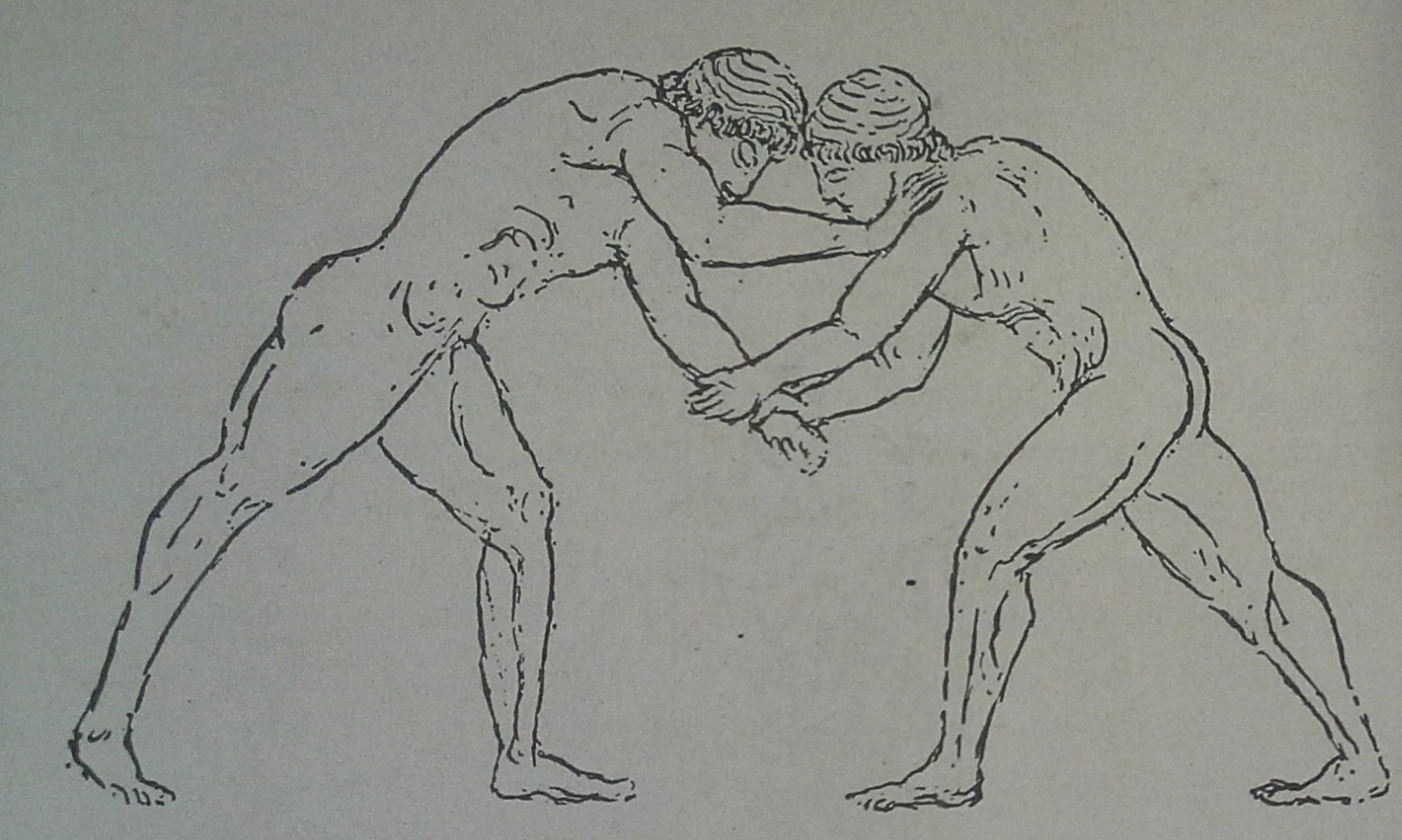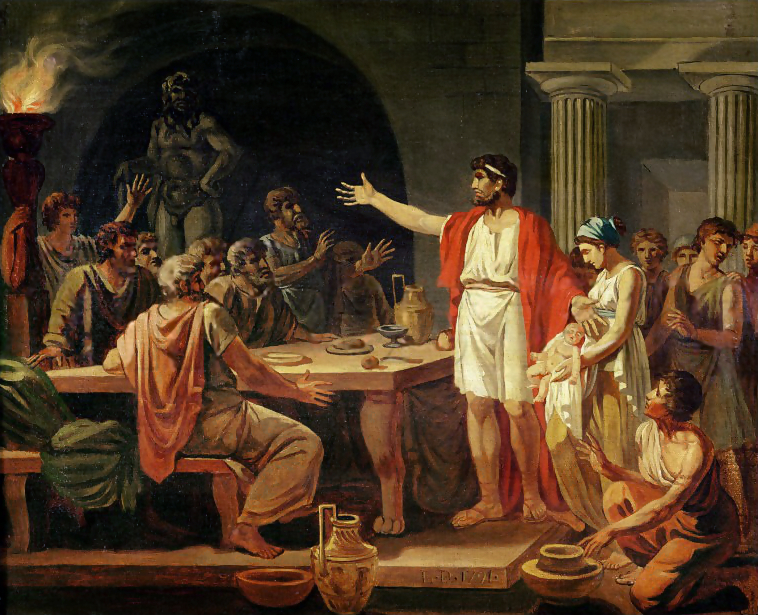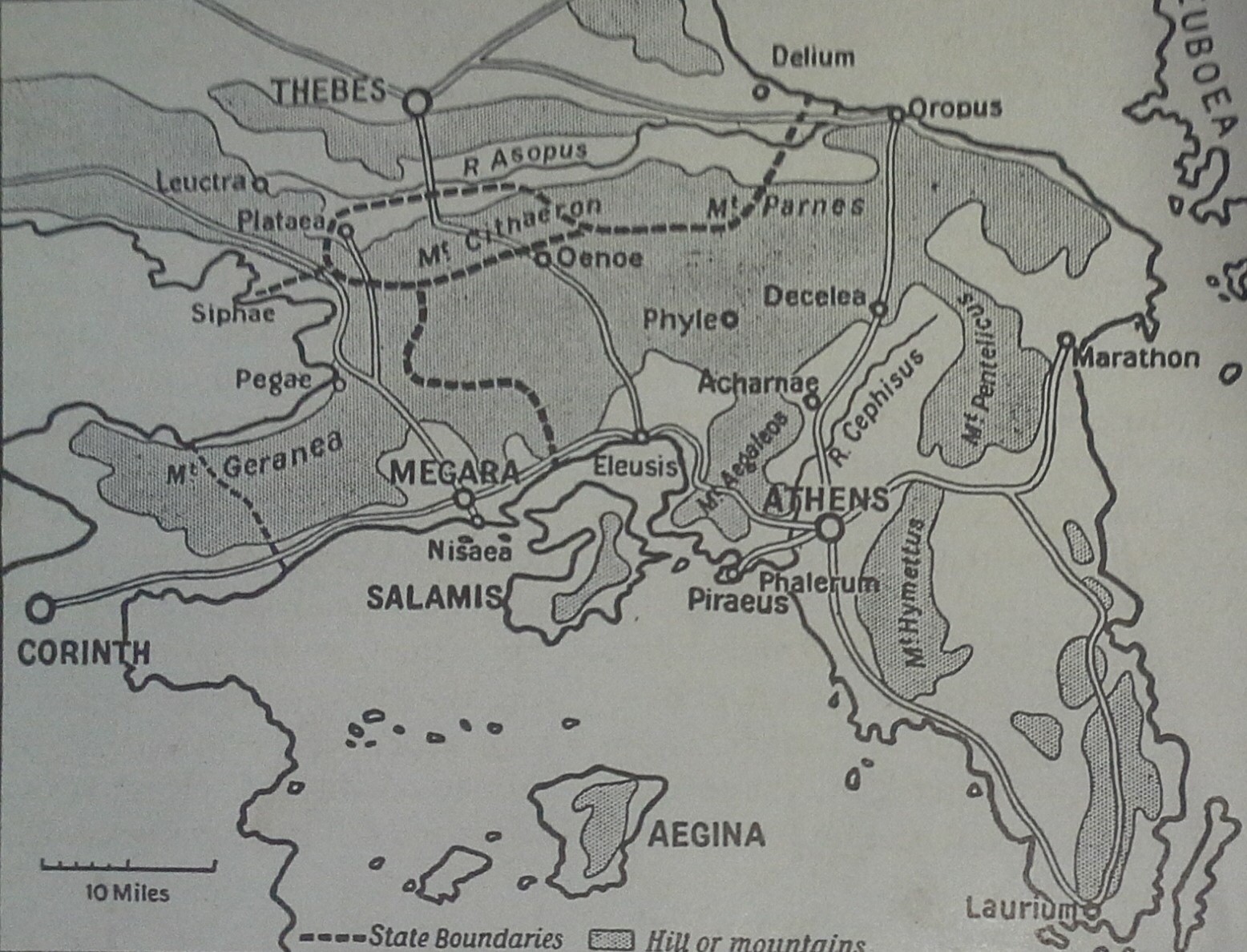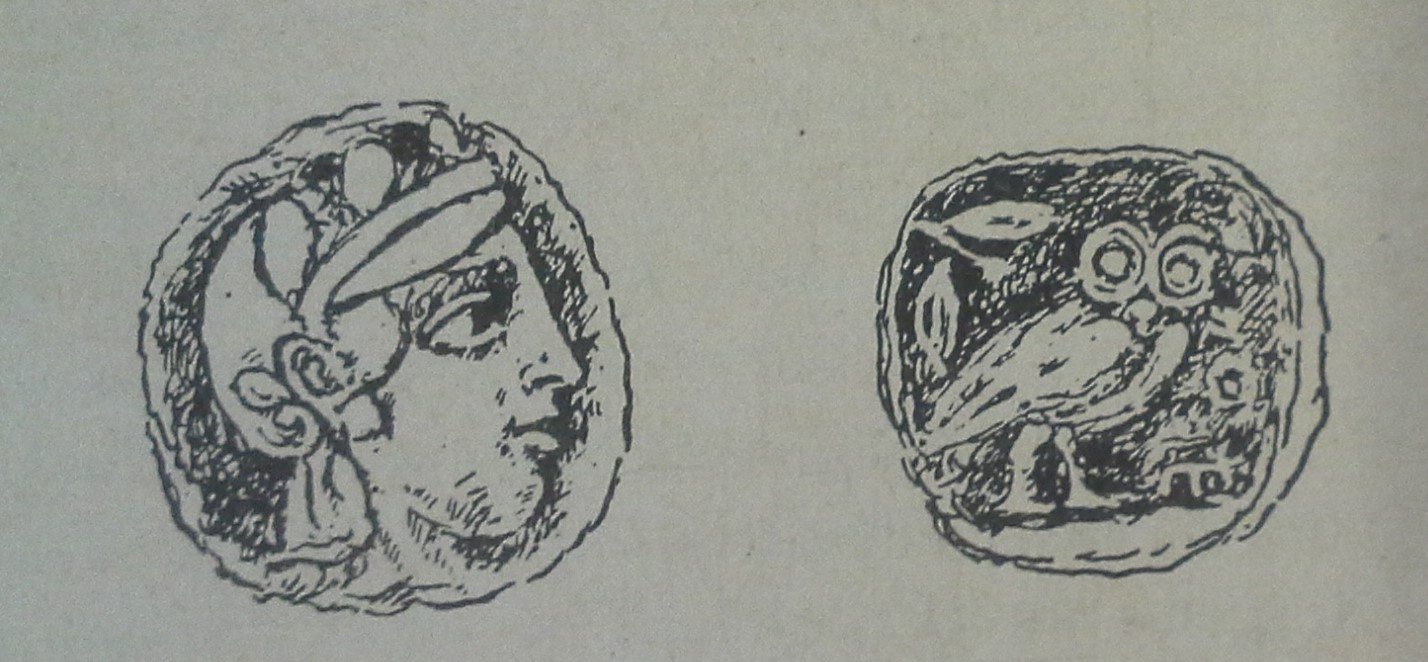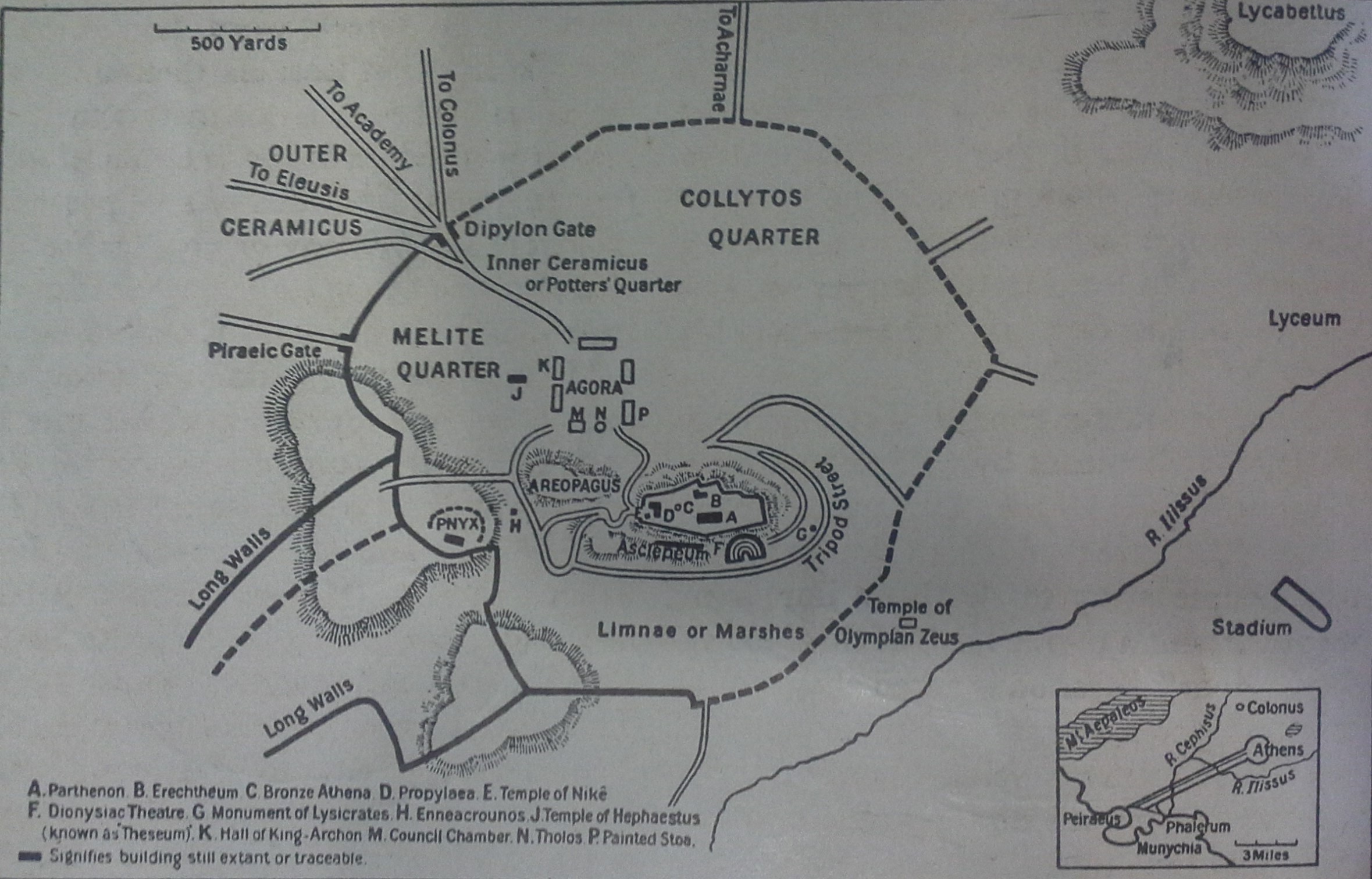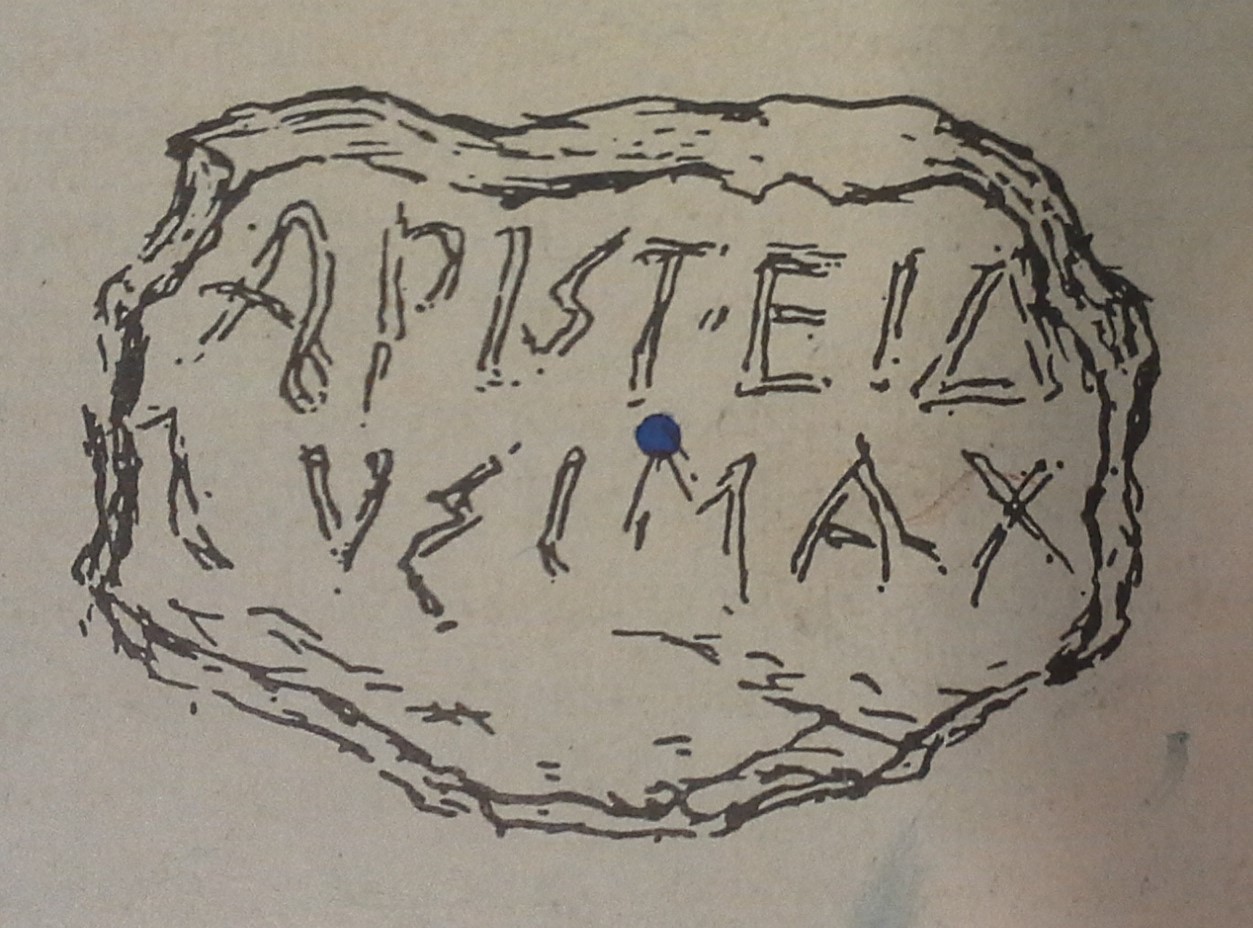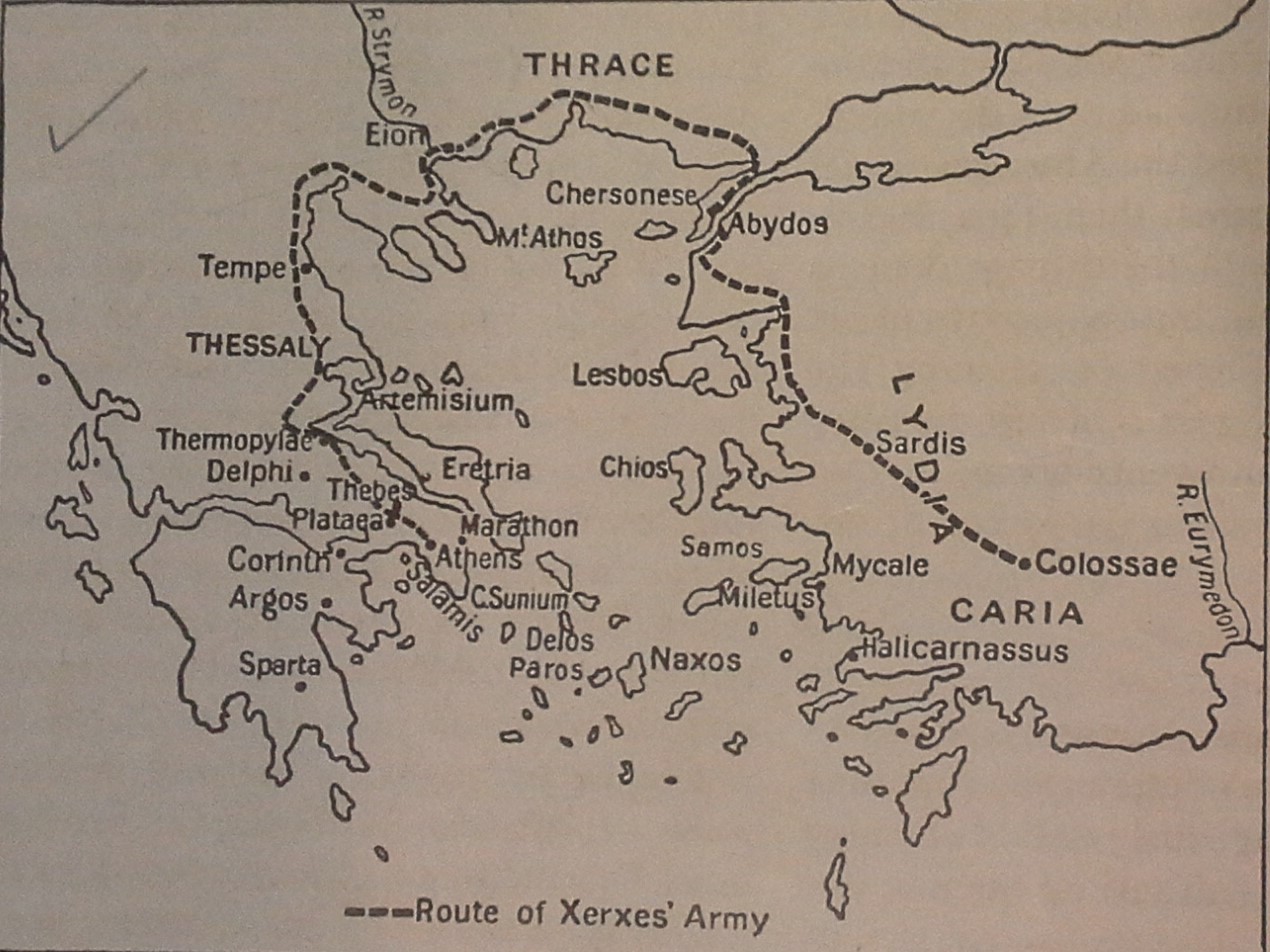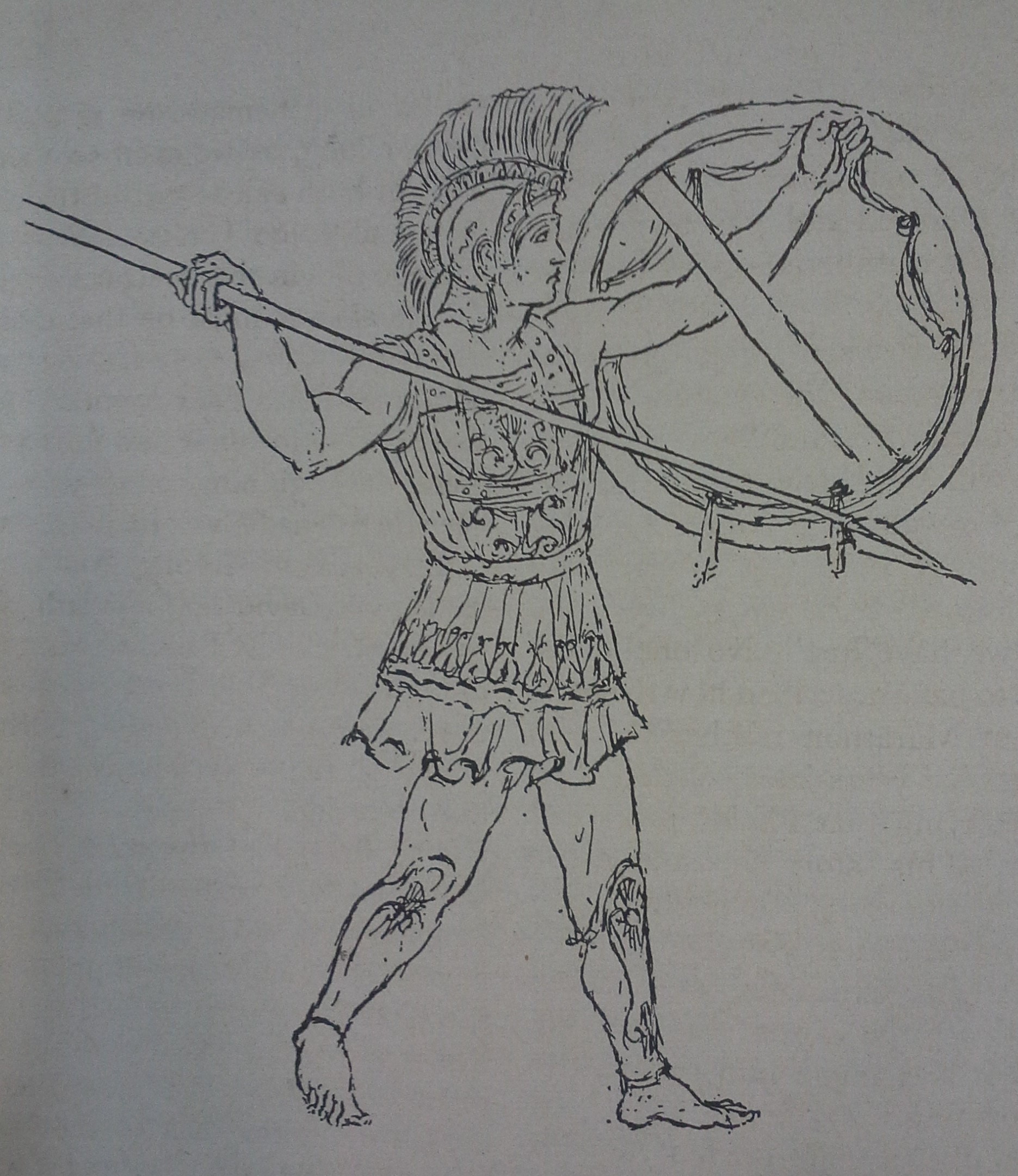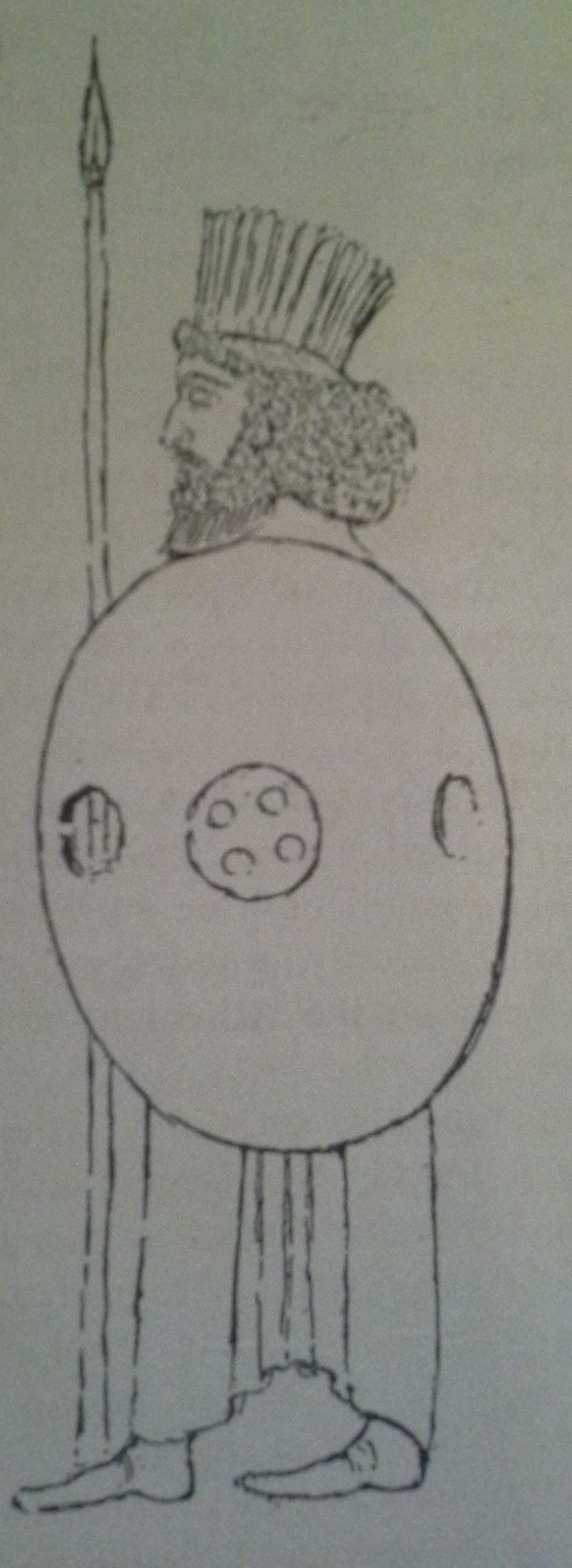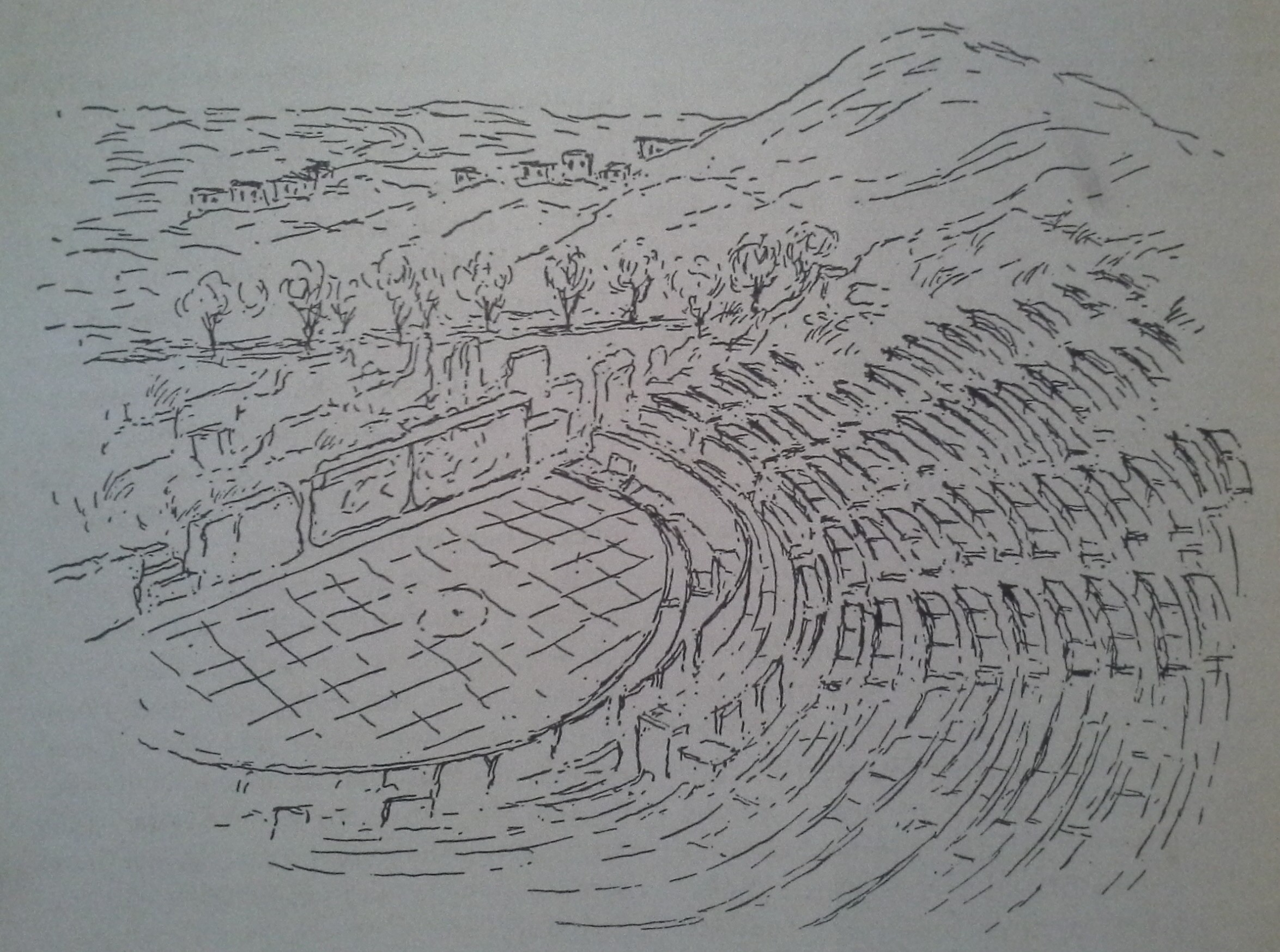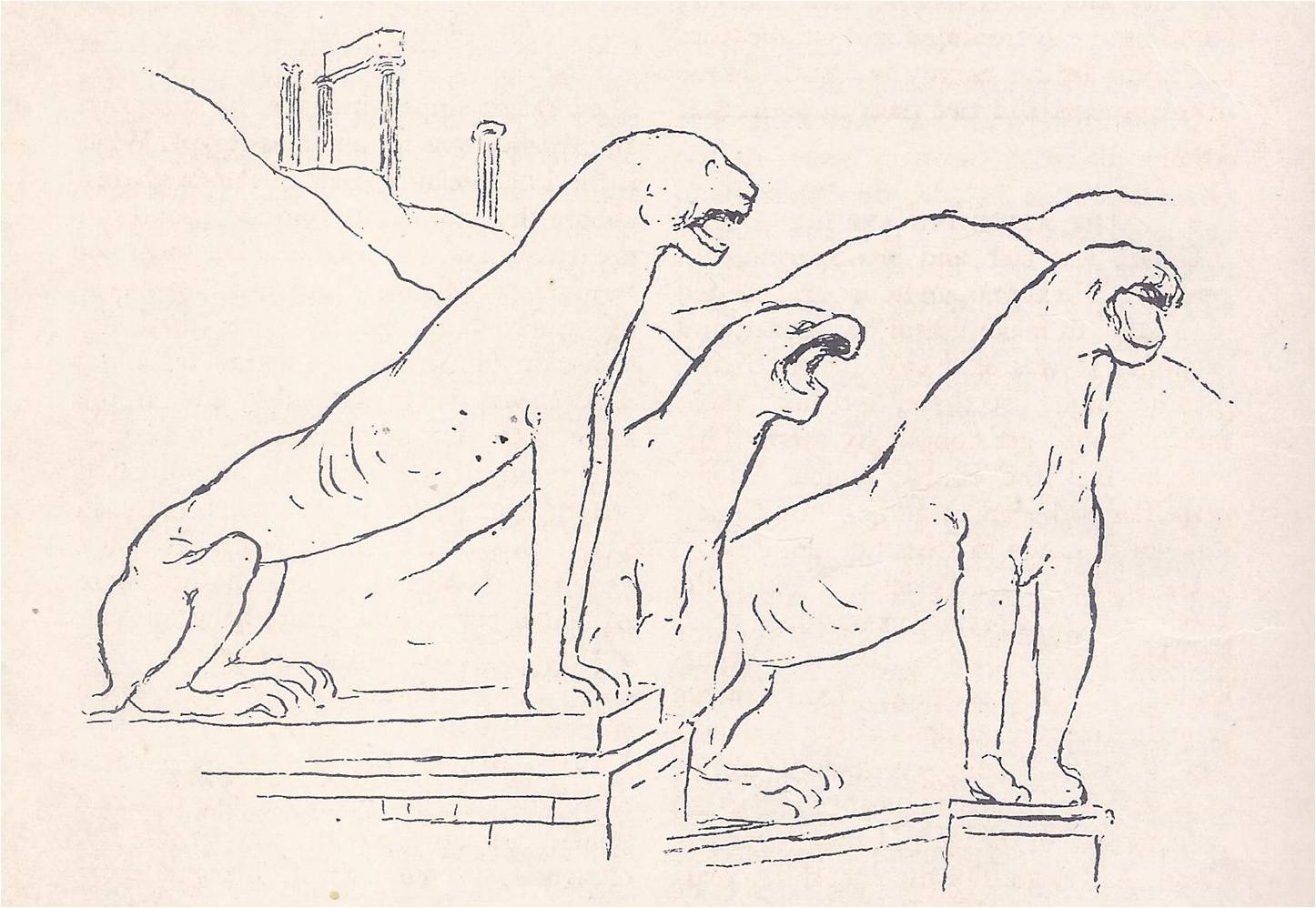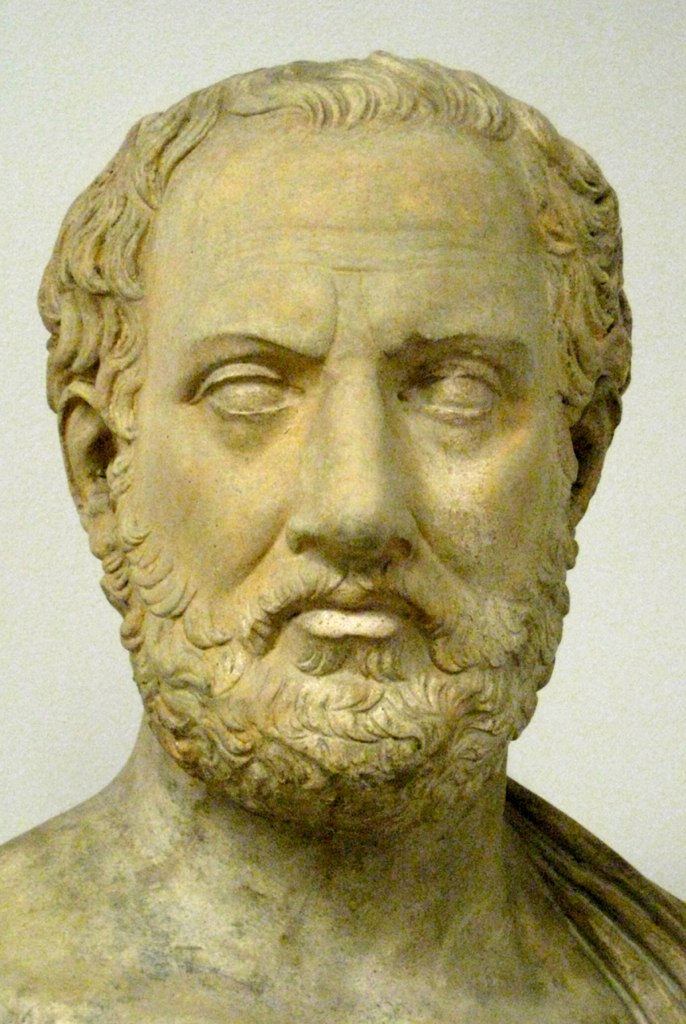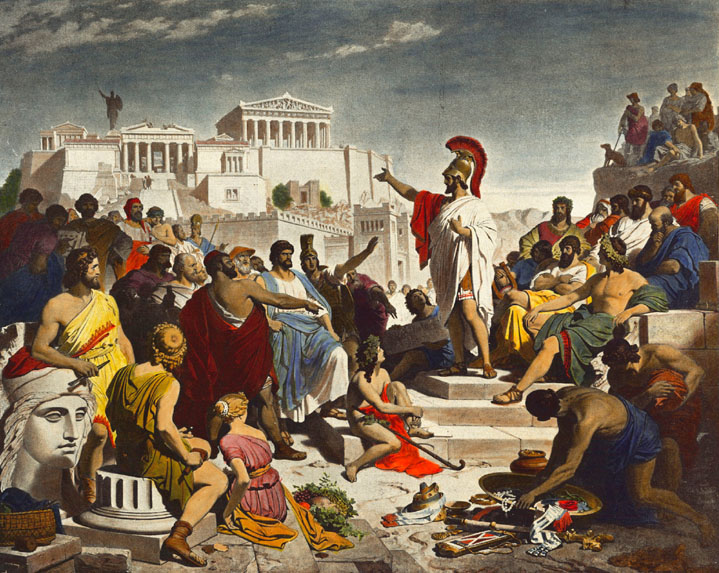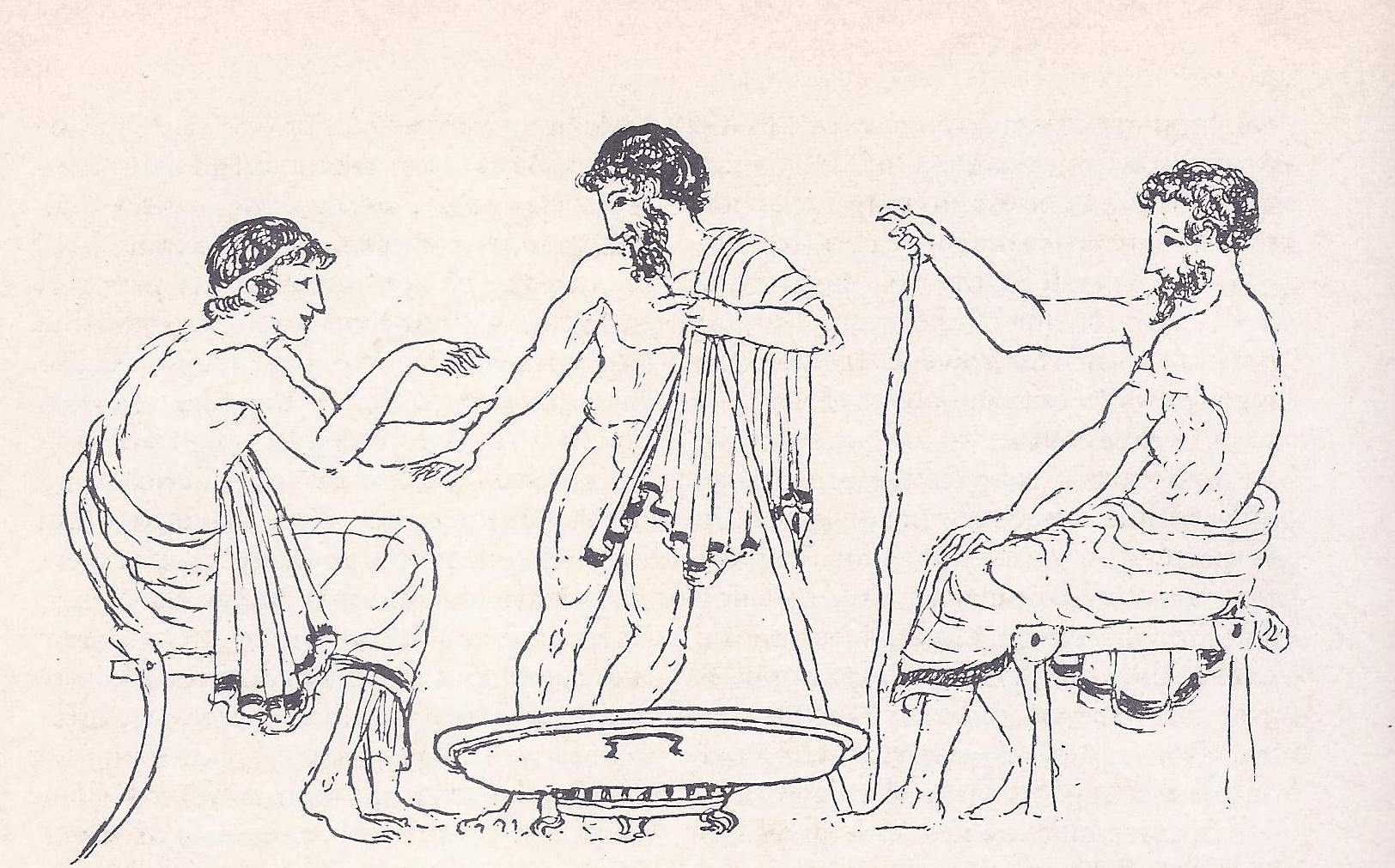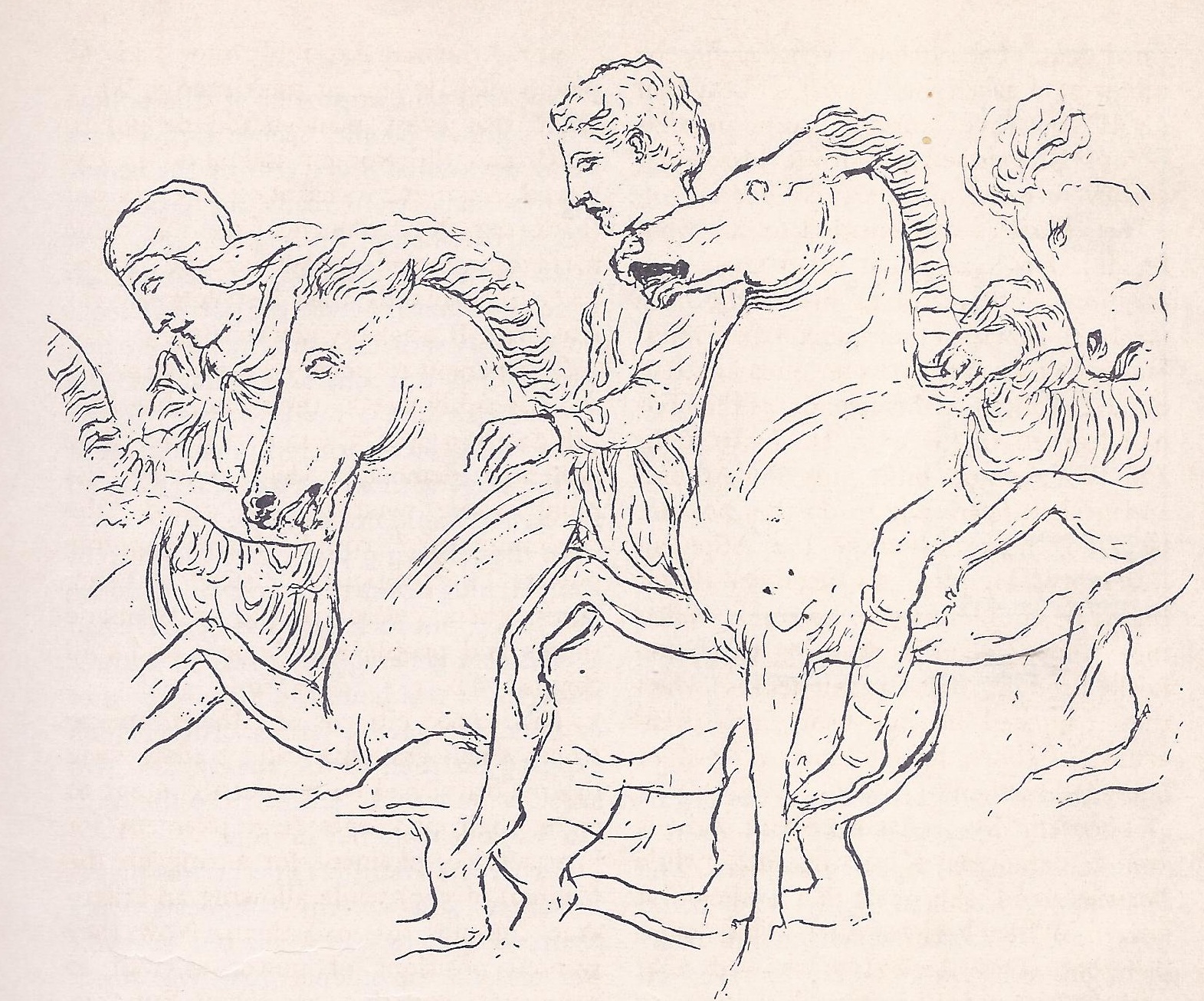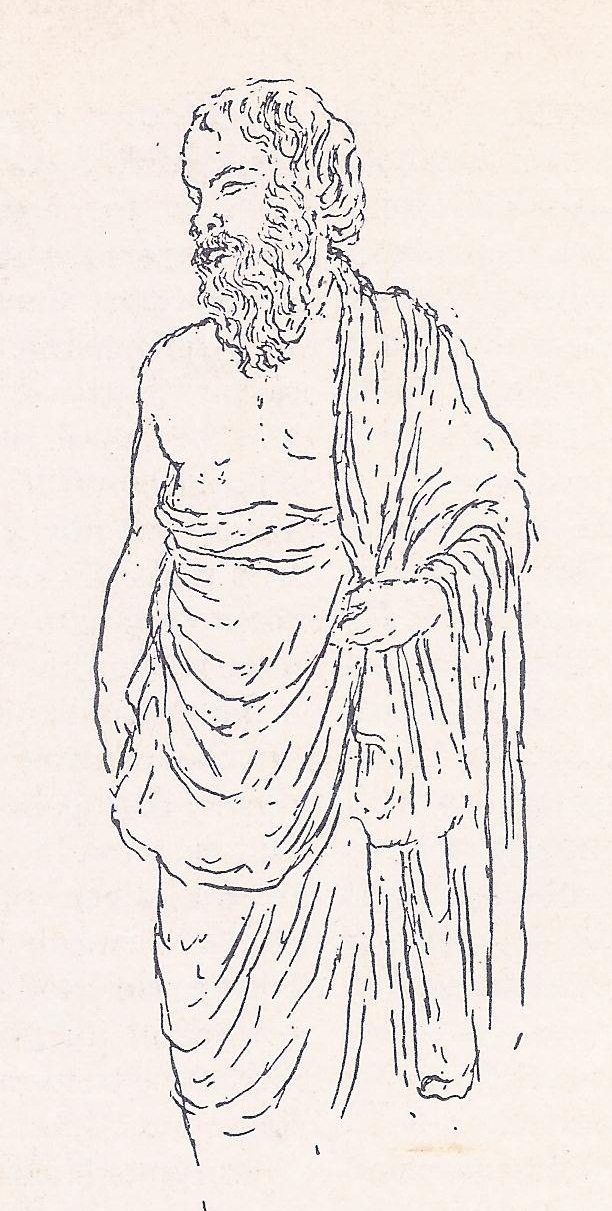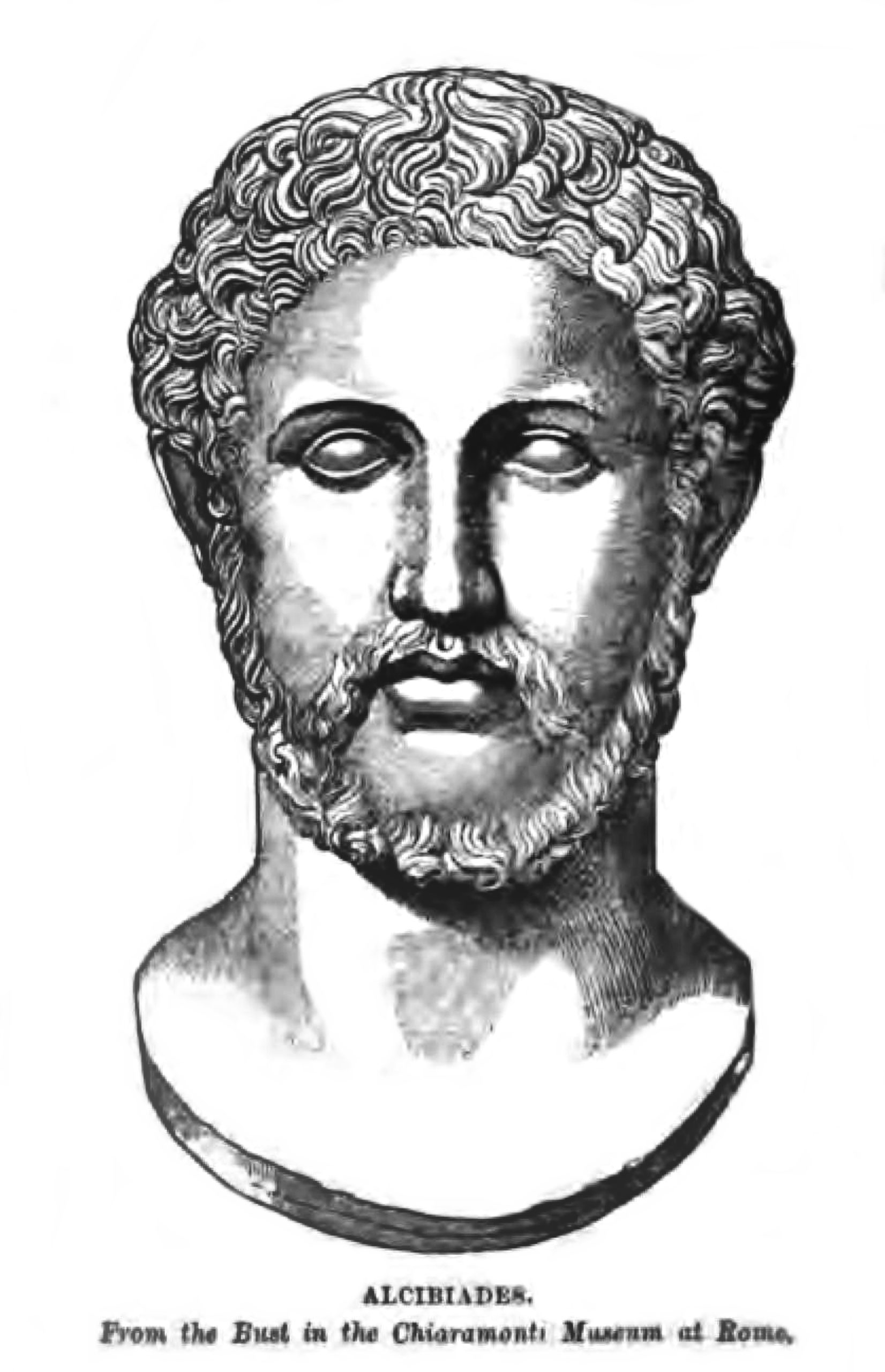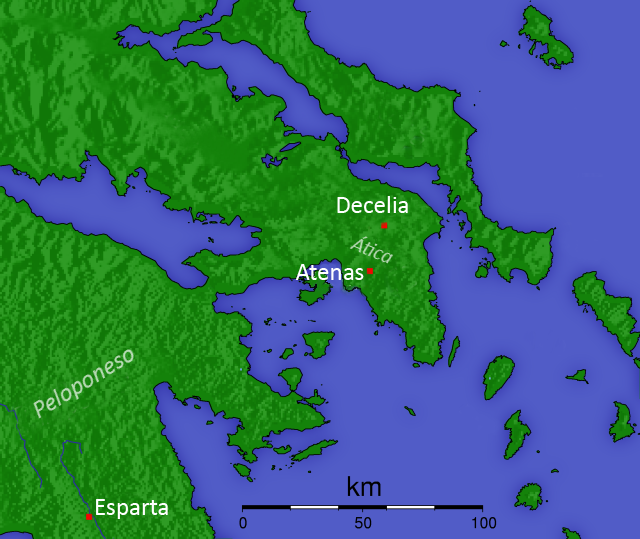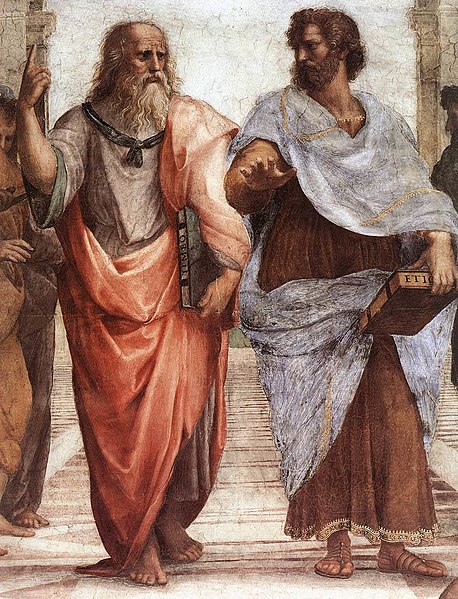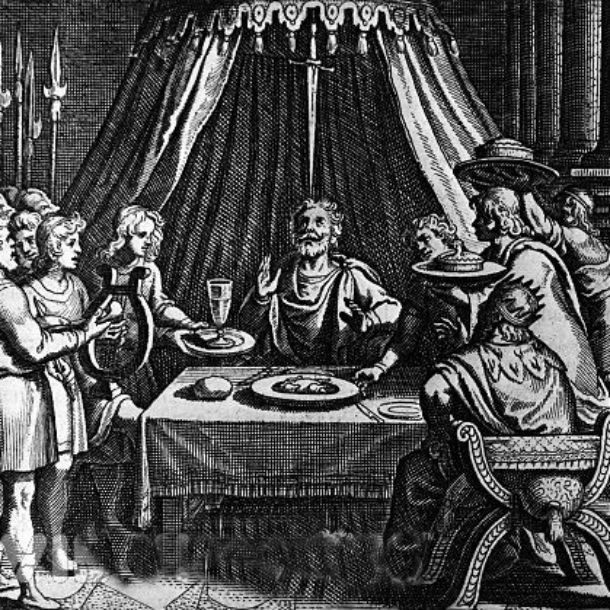Latest Posts
T’ang Empire (622 – 794 A.D.)
T’ang Empire – first of the great Chinese dynasties – unifies the nation. The siege of Byzantium During the seventh
Flight to Medina (622 A.D.)
The flight to Medina, was made by the prophet Mohammed, when he fled from his native Mecca, in hopes of
Justinian Corpus (520-622 A.D.)
Justinian Corpus, the Juris Civilis, is the ancestor of all European legal systems. The sixth century – in the West,
Early Civilizations to Modern Age
The New Deal 1933
WHEN Franklin Delano Roosevelt was nominated in 1932, he was fifty years old. A fifth cousin of former President Theodore
A Changing Nation 1934 – 1936
IN THE spring of 1933, as the New Deal roared into action, business began to get better, but it dropped
The Election of 1936
As Roosevelt’s first term in office neared its end, many people in the United States — and in other countries
Distant Past and New Challenges
Milestones of History
William of Normandy, the Conqueror (1066 A. D.)
William of Normandy, the conqueror, was also descended from English kings and was convinced that King Edward had promised him
Pope Leo IX (1066 – 1077)
Galilee Chapel in Durham Cathedral. Durham was the greatest of the Norman ecclesiastical border fortress in the north of England.
Henry IV, Humiliation at Canossa (1077 A. D.)
Henry IV stood barefoot in the snow, for three days in January, 1077, outside Canossa castle, waiting to see Pope
